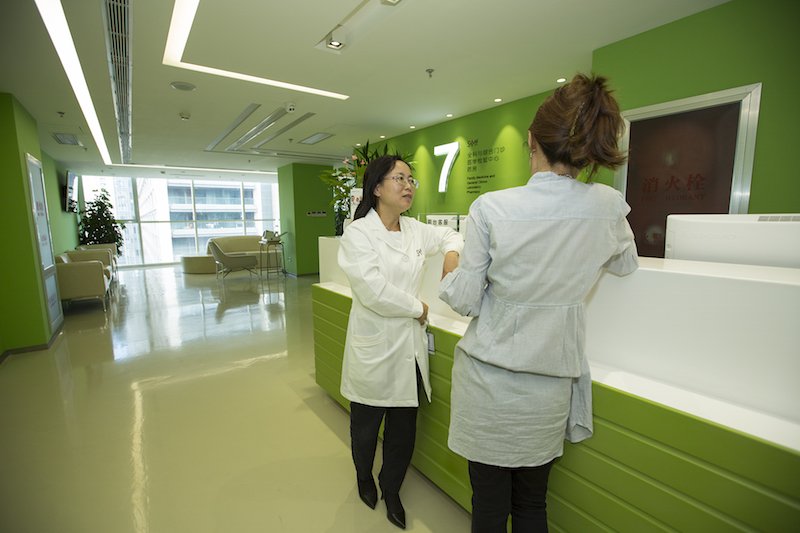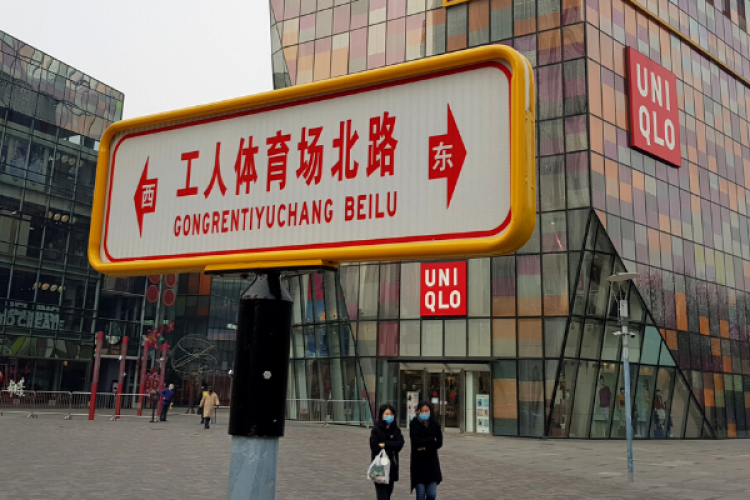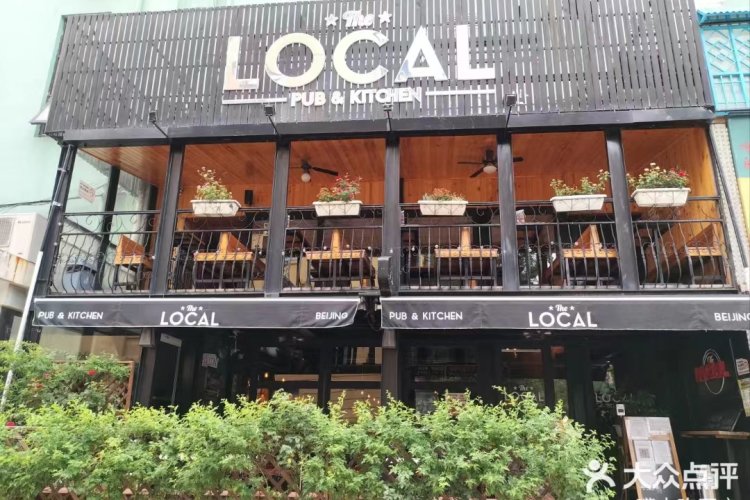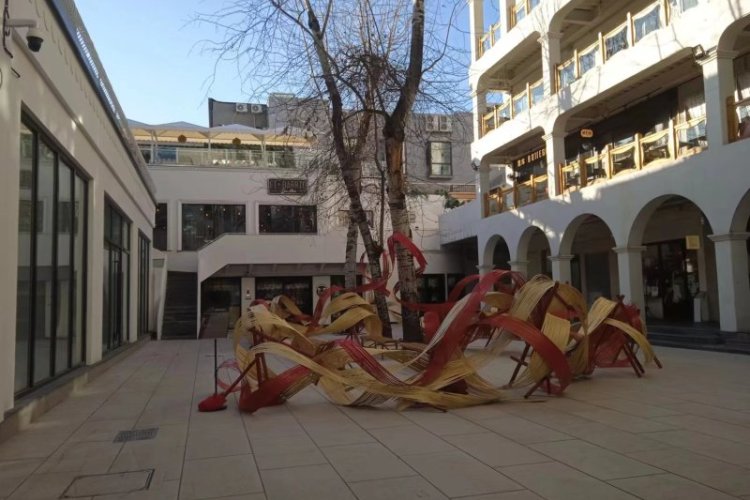You’re Not Just a Number: Family Medicine Offers More Comprehensive, Personalized Care
Your typical Chinese public hospital is a special kind of hell. The torment starts even before you set foot in the building: Outside the entrance you fight your way past gangs of scalpers trying to hawk the few remaining available appointments (all purchased under-the-counter through bribes) before getting crushed inside by the impossibly long queues of people clamoring to gua hao (register).
It doesn’t stop there: you then have to careen your way through a confusing maze of dingy stairwells and crowded, smelly hallways as you dodge crying kids and coughing patients to reach yet another waiting area (also overflowing with the sick and miserable). Here, a gruff-looking nurse takes your registration ticket and commands to await your number to be called.
And so you obediently crouch against a wall and wait. And wait. And wait … your head pounding from the ceaseless yammering from the PA, the barking nurses and people shouting into their phones.

When it’s finally your turn, you can expect just a few precious minutes with a stone-faced doctor (who has already seen at least fifty other patients that day), while other people pop in and out of the room with their lab results as they eavesdrop on your consultation.
Next, you'll be dispatched to yet another floor to get your blood drawn and told to bring back the results (now it’s your turn to interrupt and eavesdrop) before the doctor finally scrawls out a long list of prescriptions – many of which you probably don’t need – and orders you to go downstairs to queue up again to pay for your medicine and get the goods.
And so on and on it goes … a routine that is as inefficient as it is dehumanizing.
But the overwhelming crowds and less-than-stellar environments are not the only problems faced by Chinese public hospitals – the most fundamental issue lies in their approach to patient care. Putting it simply: a system that treats people more like numbers than human beings.

Dr. Liana Jin, knows this problem all-too well. As Head of the Family Medicine department at the new Sanfine International Hospital in Sanlitun, she is one China’s key pioneers of a more patient-centered system that is devoted to not only the comprehensive care of the patient, but also their family members as well as the interrelated roots of their ailments and diseases – an approach that lets her understand her patients as real people, not just numbers.
Dr. Jin’s passion for medicine and general curiosity about the world goes back to her early years, when, despite her parents’ wishes for a career in finance, she chose to enroll in medical school to study internal medicine at the Norman Bethune College of Medicine in her home province of Jilin.
She ushered in the new millennium by moving to the Japanese port city of Yokohama, which has a high population of expatriates, to study for her PhD. Here, she not only became an expert on cancer treatments, but also became fluent in the Japanese language, culture and medical environment treating and interacting with local patients on a daily basis.
Dr. Jin’s career took another turn during this time: in 2003 she attended a conference in Yokohama about cancer treatments and stumbled into a lecture about the newly emerging discipline of Family Medicine in Japan. Deeply intrigued, she began learning as much about Family Medicine as she could and quickly became an expert. She later heard of a position here in China for a Japanese-speaking family physician and was immediately hired due to her strong background in international medicine. Since then she has received further training both here and abroad, including a stint learning about general physician practice, emergency and burn treatment at Singapore General Hospital.

Today, in her new role at Sanfine, Dr. Jin is primed to continue her practice in Family Medicine. She explains how Sanfine’s “one-stop shop system” allows patients to easily see a variety of specialists, ranging from a gastroenterologist, cardiologist and obstetrician, to a dentist, family doctor, TCM specialist and more – all of whom are highly respected veterans in their fields. “The doctors here work closely together … we compare and share information between departments so that we know the whole picture about a patient,” she says with a warm smile befitting her sunny disposition.
Dr. Jin’s reasons for choosing to work with Sanfine were twofold: “I wanted a high international medical standard, and the ability to serve patients from many different cultures.” These factors are already starting to pay off for her growing list of patients, who have included a Japanese expat suffering from bronchitis due to Beijing’s dry, dismal air quality, and a patient from the Middle East afflicted with a mysterious joint pain.
“My colleagues and I tried many things to help her, but had difficulty finding what the specific problem was. I saw all her test results, and they were normal – but she continued to have pain,” explains Dr. Jin. “Suddenly I thought about the veil that she wore because of her religion, and realized she was probably used to getting much more sunshine back in her home country than in Beijing. So I checked her Vitamin D and bone density levels, and found that they were very low. I gave her Vitamin D supplements and her pain went away.”

Dr. Jin’s cultural awareness and sensitivity allowed her to help resolve this patient’s problem, but she points out that many doctors – especially those in China’s busy public hospitals – probably would have not even considered these factors, much less come up with an effective treatment. “Sometimes you just have to know about a patient’s culture to help them,” she says.
Sanfine’s various experts in chronic disease management also apply this in-depth approach to help patients suffering from afflictions like diabetes. Dr. Jin says that the various ailments and symptoms of these chronic diseases are best handled by a family physician who can provide regular checkups and systematic, long-term treatment.
This, in turn, has allowed her to forge incredibly strong ties with her patients. “I have built up so much trust with these patients that they will bring their entire family for checkups – some of them even call me to not only ask for advice about their health, but also for personal matters and tips on travel,” she says. “These bonds are important because I don’t think of my patients as simply a medical relationship – I approach them as my family and friends.”

If you have any health questions regarding your travel or a simple health concern, you can sign up and ask online on Sanfine’s free English subscription account, where Dr. Jin and other highly experienced doctors at Sanfine International hospital answer readers’ health questions weekly. Come and check out what Sanfine has to offer. For more information on the hospital, its services and doctors, click here.

This post is sponsored by Sanfine International Hospital, offering state-of-the-art care and world-class service in the heart of Sanlitun.
Photos: Uni You, courtesy of cmcww and healthintelasia







